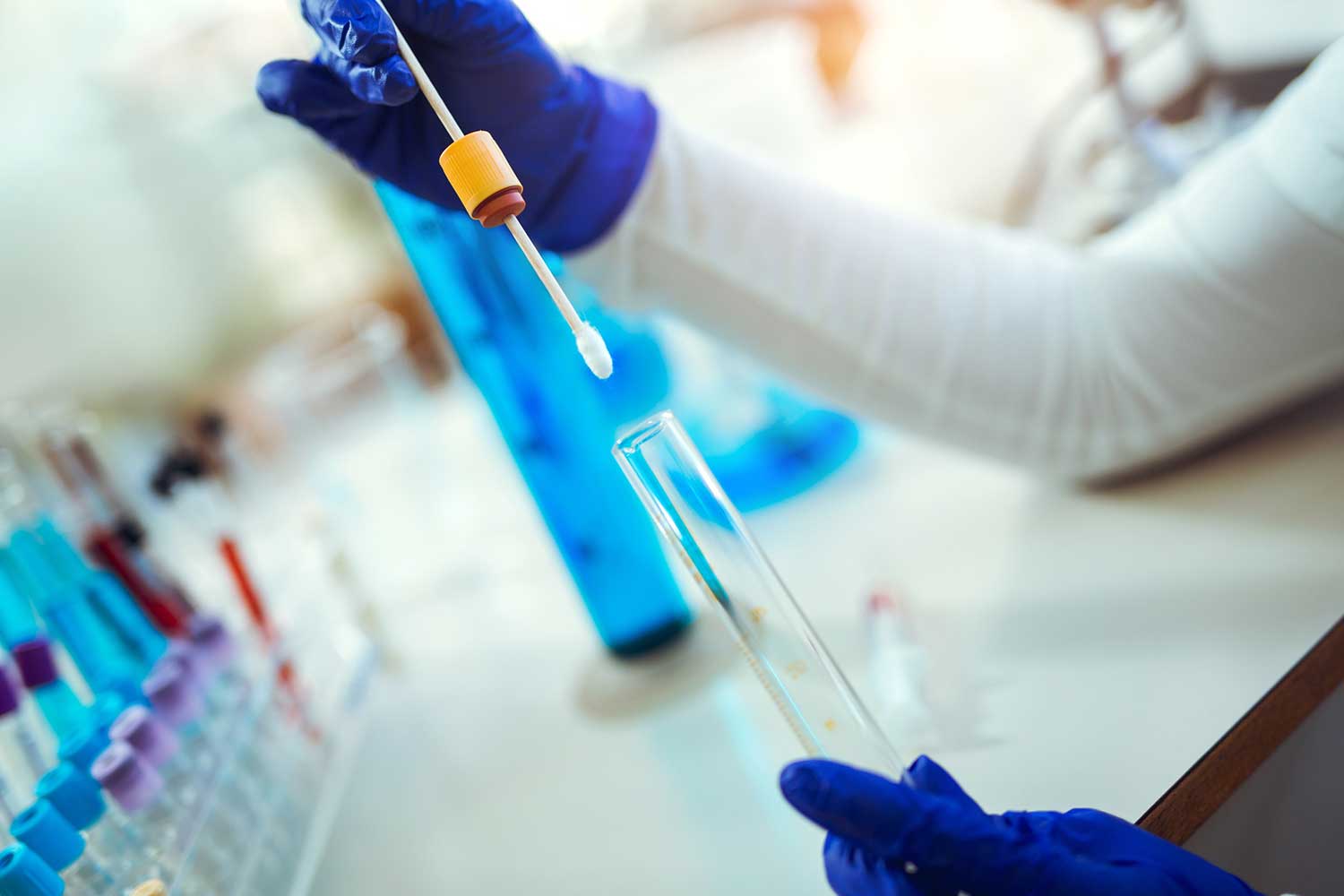What genetic testing can tell you about your health.
Genetic testing is one of the hottest frontiers of medicine. For sure, one that is transforming the future of healthcare. It is the newest technology in the current wave of personalized medicine. Like all new discoveries, we are still a long way from knowing everything we need to about genetic testing and what it really means for our wellbeing.
When it comes to medicine, we all want to believe that someone (the doctor, the lab, etc) has concrete evidence of the problem at hand and equally good evidence of a requisite treatment. As important as good science is, the data we collect does not exist for its own sake. The data is always connected to a person. The person to whom the data belongs, has to decide how to use that data. With genetic testing, this can get tricky.
A close cousin to genetic testing is genomic testing. Let me explain the difference. Genetic testing looks at the 20,000 to 25,000 genes in the human genome located on 26 chromosomes to see whether a certain gene was passed down through family lineage. Genomic testing looks at how food, drugs, and the environment affect those genes. How we live our lives greatly affects which diseases will or won’t develop.
These concepts are pretty abstract. Let’s look at some examples to make this more personal. A recent article in Genomereported that the ApoE e4 gene associated with late-onset Alzheimer’s disease is also associated with a higher risk of poor recovery after sustaining a traumatic brain injury. The same gene is also responsible for an increased risk in heart disease. All of this data is clinically relevant but the question is what does one do with the data? Well, you could decide to play brain games like Sudoku to decrease chances of developing Alzheimer’s or eat better to stave off heart disease, but what about the brain injury risk? Should you stop playing sports because there is a chance you could get a concussion? This is where translating the data becomes a challenge.
As if that wasn’t complicated enough, variants or single nucleotide polymorphisms (SNPs) on any given gene also affect how well it works and what risks are associated with it. It is not enough just to know you carry a certain gene. Genes do not dictate destiny. In other words, just because you have the gene does not mean you will develop the disease. Variants or SNPs play a significant role in the behavior of the gene. For example, a SNP on the Vitamin D Receptor (VDR) gene may cause you to metabolize vitamin D slower or not activate enough of it, leading your body to think you have insufficient vitamin D. Likewise, a SNP on the MTHFR (methylenetetrahydrofolate reductase) gene may mean that your body has a problem converting folic acid to its active form, leading to symptoms such as depression, ADHD, autism, cardiovascular disease, stroke, and some cancers. Epigenomic factors like chemicals in our food, air, and water influence how well the genes work and which ones are turned on or off leading to symptoms.
One of the most important uses of genetic testing is to identify various forms of cancer so that a more precise treatment may be administered. Genetic testing is done on tumors to classify their molecular makeup and mutations instead of relying on tissue of origin. This type of precision medicine is taking the guesswork out of diagnosis and reducing the number of cases of misdiagnosis. What does this mean for the cancer patient? More tailored treatments specific to their cancer and extended years of life. Who could ask for anything more?









